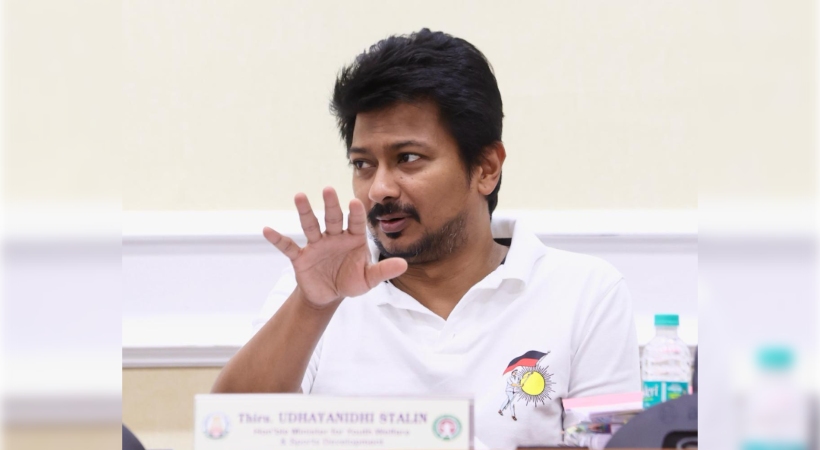
The Madras High Court has provided some respite to DMK minister Udhayanidhi Stalin by dismissing a petition challenging his continuation as a legislator, days after the Supreme Court criticized him for his remarks on Sanatana Dharma. The court’s decision comes amidst a contentious debate sparked by Stalin’s controversial comments last September.
While acknowledging that Udhayanidhi Stalin’s remarks were “wrong,” the high court emphasized that he has not been convicted by any court as of yet. The 46-year-old DMK leader, son of Tamil Nadu Chief Minister MK Stalin, had stirred controversy with his statement likening “Sanatana” to diseases like malaria and dengue, calling for its eradication.
The petitioners, in addition to seeking the removal of Udhayanidhi Stalin, also targeted state minister PK Sekar Babu and DMK MP A Raja for their endorsement of the remarks. Despite the criticism, Stalin has maintained that his comments were directed against caste-based discrimination rather than Hinduism, standing firm on his stance.
P Wilson, DMK MP and counsel for Udhayanidhi Stalin, hailed the court’s decision as a victory, asserting that the remarks were distorted by the BJP and were aimed solely at combating caste discrimination.
The controversy surrounding Stalin’s statement led to the filing of police cases in multiple states across the country. Seeking consolidation of these cases, Stalin has approached the Supreme Court, prompting a stern response from the apex court. Justices Sanjiv Khanna and Dipankar Datta admonished Stalin, emphasizing the gravity of his position as a minister and urging him to be mindful of the repercussions of his words.
As the legal battle unfolds, the case has ignited broader discussions on freedom of speech, religious tolerance, and political accountability in India’s vibrant democratic landscape. The outcome of Stalin’s legal challenges will likely have significant implications for both him and the political dynamics in Tamil Nadu.
Sources By Agencies




